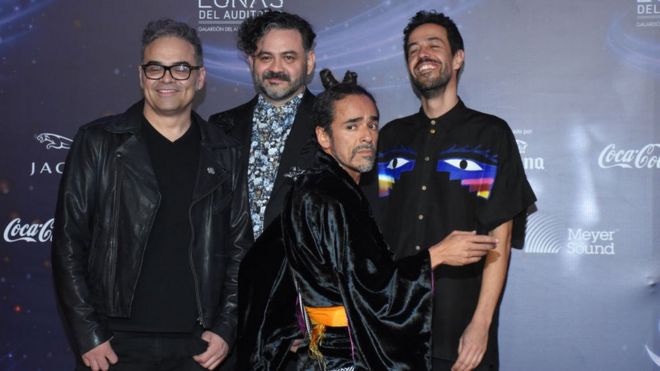The Escobal silver mine was acquired by a private Canadian mining company in early 2013. Ever since then, indigenous populations in Guatemala, most notably the Xinka, have been voicing their opinions by protesting.
The mine sits about 75km east of Guatemala city, and is controlled by the Tahoe Resources company, which has it’s roots in Canada. The mine, although not explicitly owned by the Xinka, was feared to cause a multitude of environmental issues, such as water shortages in the region and pollution from the mining activity.
Both people who lived close to the Escobal mine and the Xinka staged a peaceful protest in 2013, where a mine security officer ordered the bordering security personnel to shoot and to kill some of the protesters. This resulted in 7 protesters being hit with rubber bullets, along with another protester who was shot in the face and required reconstructive surgery.
The outrage hasn’t faded, and last September, there was a court ruling that mandated the suspension of all mining activity at Escobal, until the private company had discussions with the Xinka. However, this court ruling did not meet the Xinka’s requests, and they have made a statement that the Supreme Court of Justice is not truly respecting the ruling or the needs of the people.
Currently, the Xinka people have checkpoints set up to stop mining activity before it starts, because they still have not gotten the fair discussion the court ruled them. This is a problem of whether or not the Supreme Courts respect indigenous people’s wishes, and whether or not they count as people at all.
Article on AlJazeera
